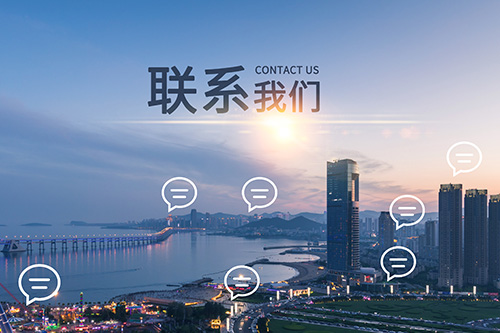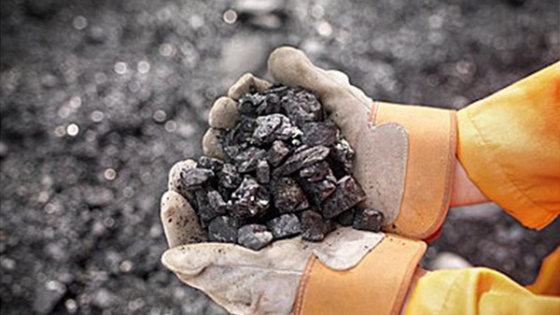- Home
- About Us
-

About Us
Jiangyin Changjiang Electric Appliance Co., Ltd. has pioneered the application of LED technology in the field of low-voltage electrical signal lights in China and successfully developed a series of products, which officially founded the "Changjiang Electric Appliance" brand and gradually built it into a famous brand in China.
Learn More -
-
- Product
- News
-

News
Changjiang Electric products have novel design, reliable performance, complete product varieties and series, and unique competitiveness. Focus on Changjiang electrical news, understand Changjiang electrical development events.
Learn More -
-
- Customer Inquiry
- Download
-

Download
The company has always been adhering to the "three adherence" business philosophy: adhere to customer-centric, rapid response to customers' non-standard customized needs, and strive to provide customers with excellent solutions; Adhere to technological innovation as the support, constantly expand the R & D team, focus on product development and upgrading
Learn More -
-
- Contact Us
-

Contact Us
Welcome to inquire Jiangyin Changjiang Electric Appliance Co., LTD., any questions, suggestions and consultations you have are our driving force, we are ready to provide professional, sincere and quick reply.
Learn More -
-
- Alibaba

